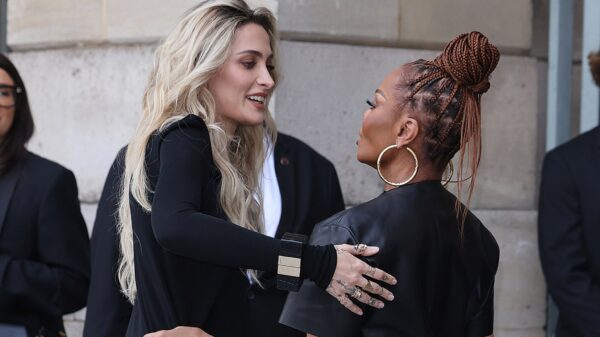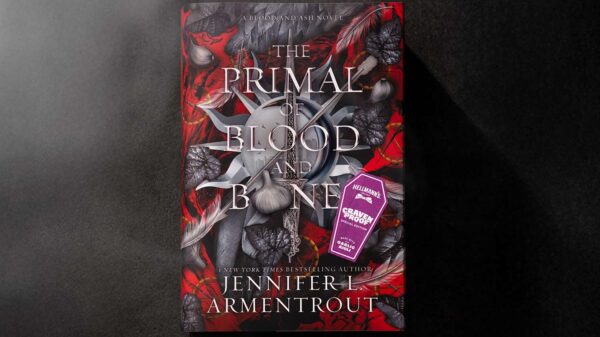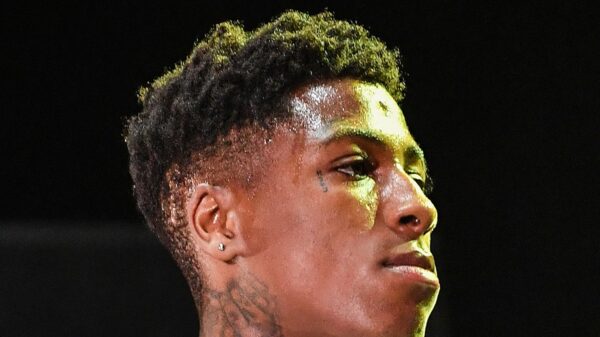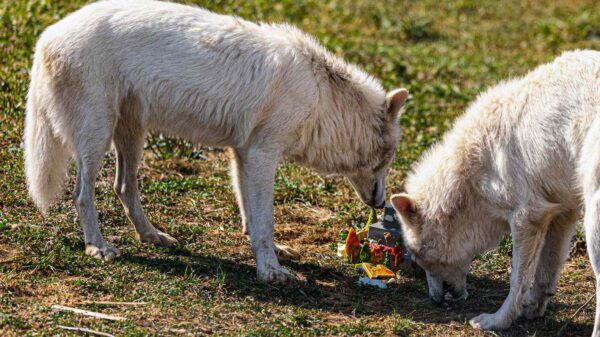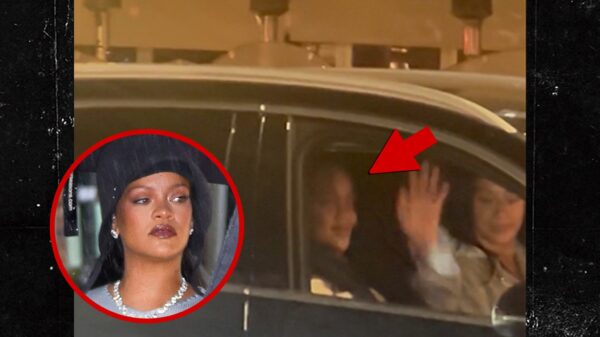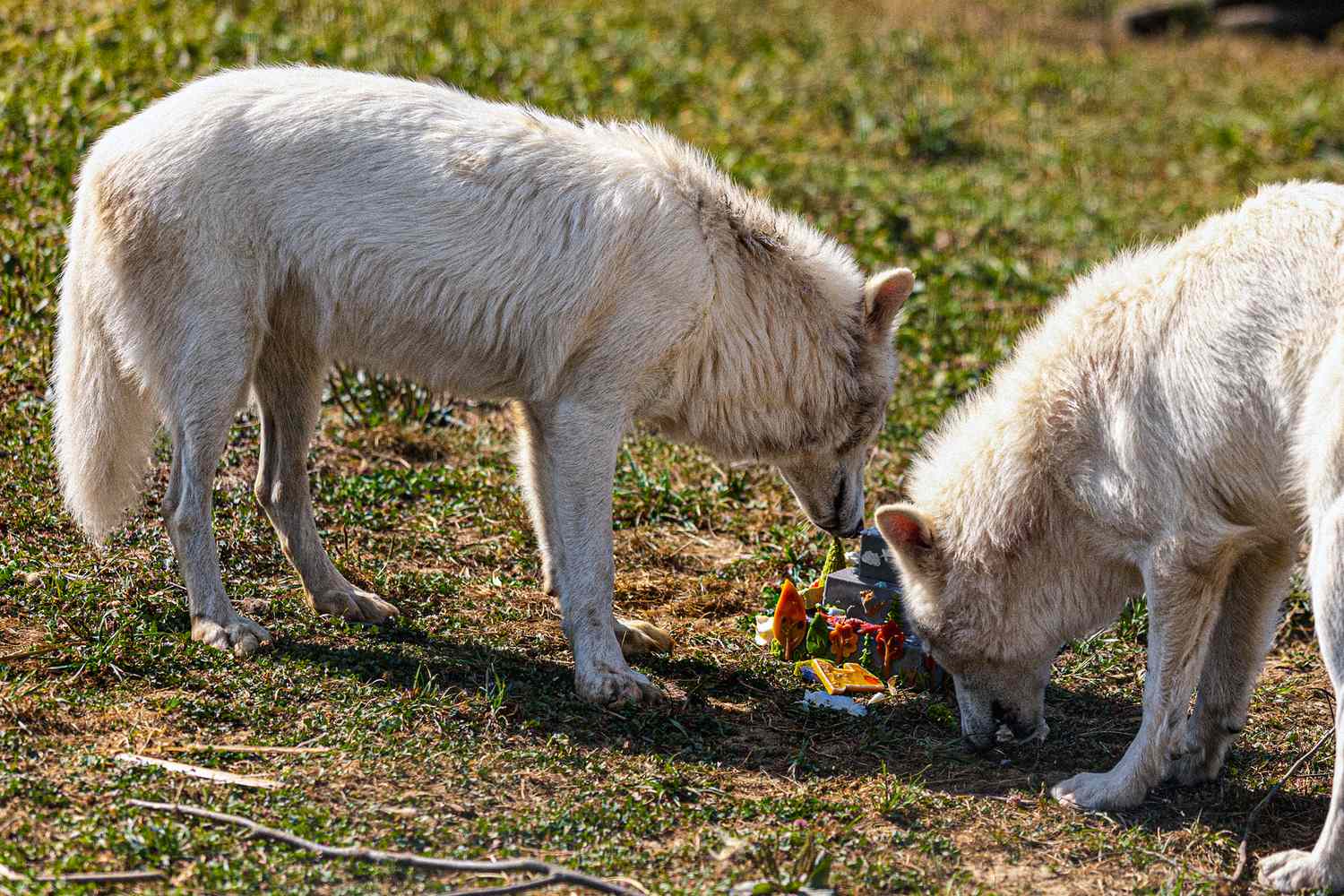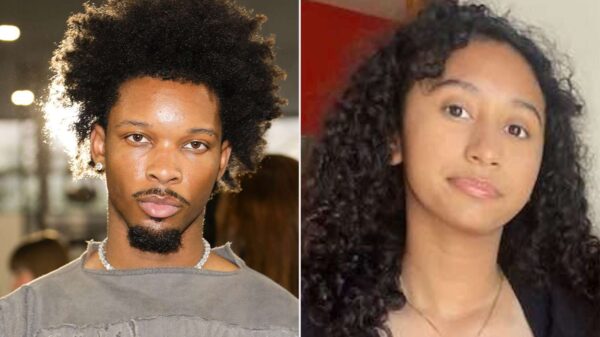NEED TO KNOW
- Two of Colossal Biosciences’ dire wolves marked one year since being revived from extinction
- The birthday was celebrated with a custom rock anthem and a 3D wolf-shaped cake
- Romulus, Remus, and their younger sister Khaleesi are living together on a 2,000-acre preserve under close veterinary care
One year ago, Colossal Biosciences’ first dire wolves returned from extinction.
According to the bioengineering company, on Oct. 1, 2024, “for the first time in human history, Colossal successfully restored a once-eradicated species through the science of de-extinction.” Those animals were dire wolves Romulus and Remus, who are now celebrating their first birthday. The dire wolves’ younger sister, Khaleesi, arrived three months after her brothers.
Today, Romulus and Remus are reportedly healthy, weighing more than 120 pounds each, and consuming over five pounds of meat daily, which includes venison, beef, and whole rabbits. Their diet also contains bones for enrichment and freeze-dried liver treats for training purposes. The dire wolves are expected to continue growing for another two years, with Romulus already on track to reach 140 pounds sooner than his sibling.
The birthday boys live on a 2,000-acre ecological preserve (certified by the American Humane Society and registered with the USDA), monitored by veterinarians, drones, and live cameras, with a full-time animal care staff dedicated to their health and growth.
According to the Colossal press release obtained by PEOPLE, to celebrate the male dire wolves’ birthday, Colossal turned to Emmy Award–winning musicians Stan Bush and Lenny Macaluso, best known for iconic anthems like “The Touch” and “Never Surrender.” Together, the pair created a rock anthem titled “Happy Birthday Dire Wolf” that’s filled with 80s-style guitar riffs and fun lyrics designed to match the spirit of the wolves themselves.
In the video, the dire wolves take center stage in a kaleidoscope-like clip that’s full of color and nostalgic graphics, which help chronicle the dire wolves’ development over the last year.
“It’s just one year and you’re alive. Sing you this song. Forever live on, with strength and the will to survive,” reads the lyrics to “Happy Birthday Dire Wolf.” “You returned — two wild, majestic brothers. Ancient blood flows through your veins. Hear the howls. Silent cries so lost for centuries. Time to make a brand-new start.”
Of course, no birthday would be complete without a birthday cake. Colossal partnered with Mishka, a luxury dog bakery in San Francisco, to craft a custom three-tiered, nature-themed masterpiece. Founder Olia Rosenblatt and her team spent 15 hours designing the 3D wolf molds and constructing the cake, which was made from beef pâté, broth, liver, and other organic ingredients.
As detailed in the press release, all of the ingredients were carefully approved by Colossal’s Animal Husbandry team. Decorated with mountains, trees, and even a moon, the cake was topped with sculpted wolves.
Romulus and Remus were given the honor of demolishing and devouring the cake themselves, which is also showcased in the Bush and Macaluso-created music video.
“We’ve witnessed their physical, emotional, and social growth — something no one has seen in 12,500 years,” said Colossal’s chief animal officer, Matt James. “Remus is fearless and bold, while Romulus is inquisitive, cautious, and confident.”
The company’s chief science officer, Beth Shapiro, echoed the sentiment, stating, “The dire wolves are thriving — beyond anything we could have imagined. Over the past year, we’ve learned so much from Romulus, Remus, and Khaleesi. Most importantly, the [germline] edits worked as expected, and the animals are healthy. You can see it in their size, strength, and their striking white coats.”
Last month, Colossal co-founder and CEO Ben Lamm spoke with PEOPLE and shared his vision for the future of de-extinction, as well as the excitement it generates for science and technology. “What we’re doing is complicated — sometimes exciting, sometimes scary,” Lamm said at the time. “The only way to make science cool again, like NASA was for me as a kid, is to have all the hard conversations and bring people along for the ride.”
Along with the development of the dire wolves, Colossal has also made a significant leap in its de-extinction goals for the dodo bird. On Wednesday, Sept. 17, the company announced that it has successfully cultured pigeon primordial germ cells (or PGCs), the reproductive precursors necessary for reviving the extinct bird.
“Only three bird species have ever had [PGC culture conditions], and now pigeons,” said Lamm. “It’s very, very hard to do, and we did this in 18 months, so this was a very, very big step. This was a huge technology unlock for the dodo,” Lamm explained of the cultured pigeon PGCs.
From this milestone, Lamm predicted that the world could see dodo birds again in about five to seven years. “Hopefully that’ll go even faster once we get into the editing,” said Lamm.
Read the full article here


